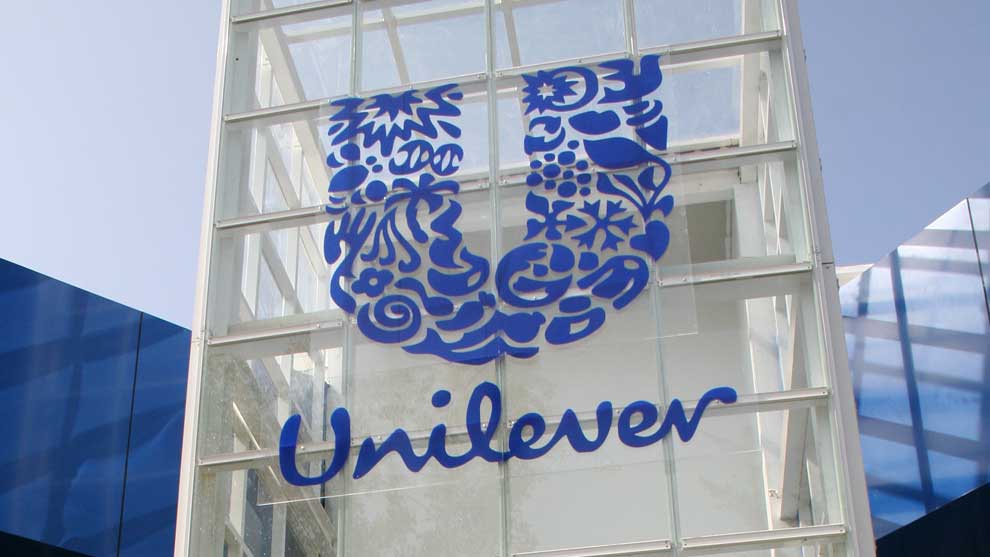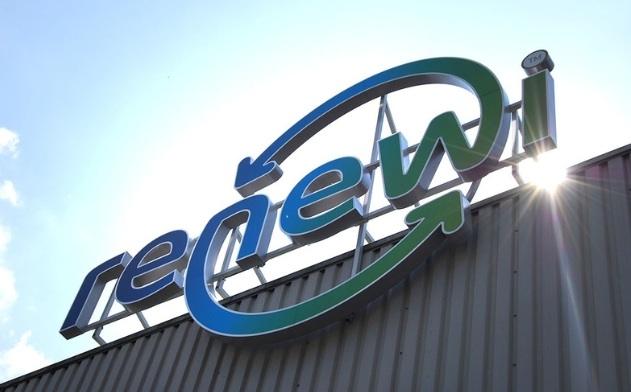Unilever to Remove Fossil Fuels From Cleaning Products as Part of €1 Billion Clean Future Program
Global consumer brands company Unilever announced today a new commitment to eliminate fossil fuels in its cleaning and laundry products by 2030. The company will source 100% of the carbon used in its formulations for these products from renewable or recycled carbon. Unilever’s global cleaning and laundry brands include Omo (Persil), Sunlight, Cif and Domestos.
The new commitment is part of Unilever’s €1 billion Clean Future program, aimed at fundamentally changing the way that some of the world’s best known cleaning and laundry products are created, manufactured and packaged, and embedding circular economy principles into both packaging and product formulations at the scale of global brands to reduce their carbon footprint. In June 2020, Unilever announced a series of wide-ranging sustainability commitments, including a goal to achieve net zero emissions from all products by 2039. The Clean Future initiative is a step towards this goal.
Peter ter Kulve, Unilever’s President of Home Care, said:
“Clean Future is our vision to radically overhaul our business. As an industry, we must break our dependence on fossil fuels, including as a raw material for our products. We must stop pumping carbon from under the ground when there is ample carbon on and above the ground if we can learn to utilise it at scale.
“We’ve seen unprecedented demand for our cleaning products in recent months and we are incredibly proud to play our part, helping to keep people safe in the fight against Covid-19. But that should not be a reason for complacency. We cannot let ourselves become distracted from the environmental crises that our world – our home – is facing. Pollution. Destruction of natural habitats. The climate emergency. This is the home we share, and we have a responsibility to protect it.”
According to Unilever, most cleaning and laundry products contain chemicals made from fossil fuel feedstocks. The chemicals used in the company’s cleaning and laundry products make up nearly half (46%) of their carbon footprint across their lifecycle. The company expects this initiative to reduce the carbon footprint of the product formulations by up to 20%.
Unilever stated that the €1 billion Clean Future investment will be used to finance biotechnology research, CO2 and waste utilisation, and low carbon chemistry, driving the transition away from fossil fuel derived chemicals. It will also be used to create biodegradable and water-efficient product formulations, to halve the use of virgin plastic by 2025, and support the development of brand communications that make these technologies appealing to consumers.





